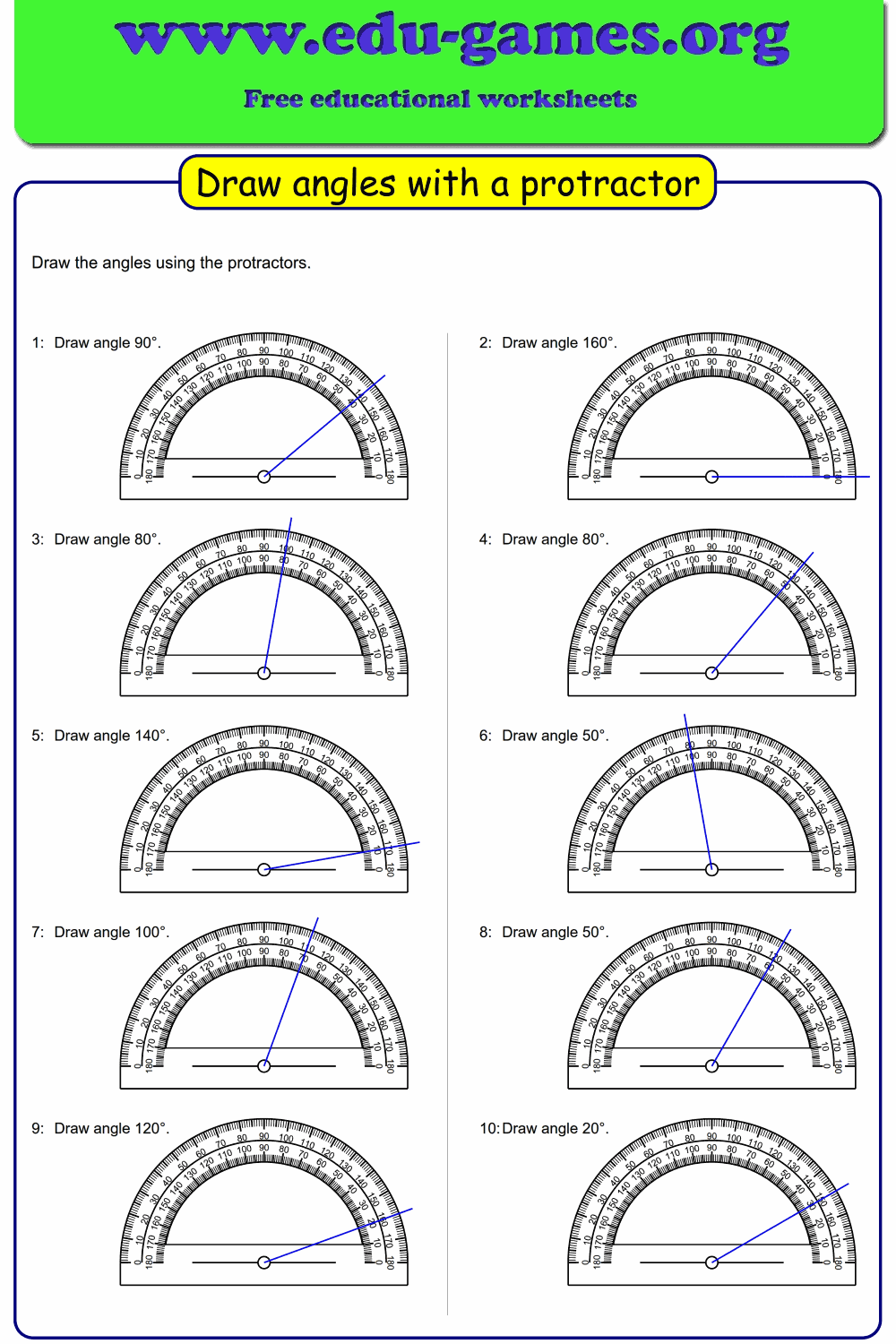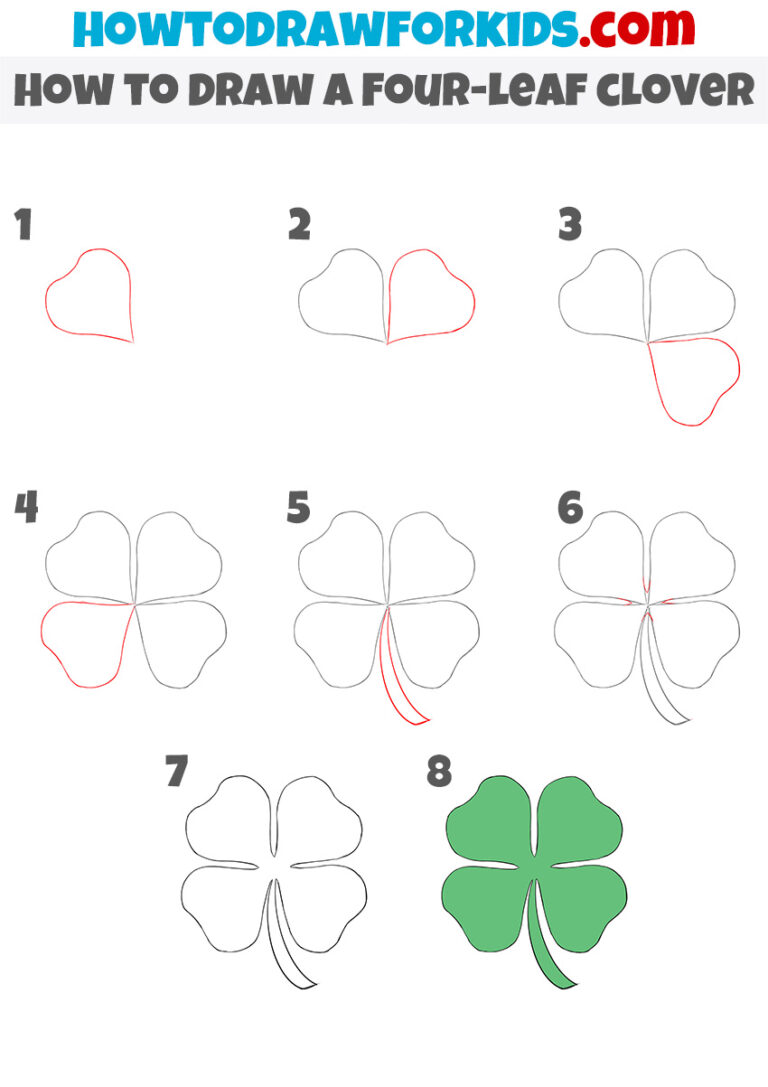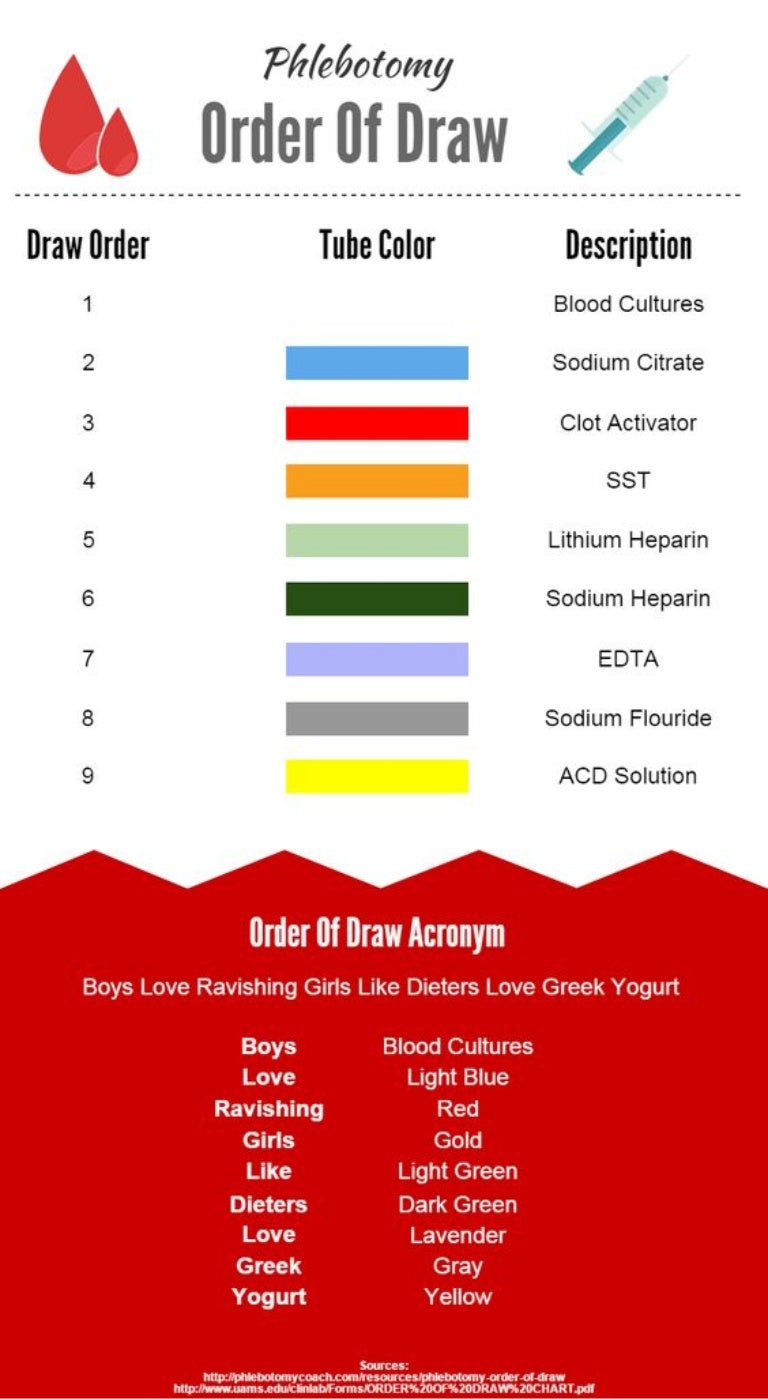Measure draw angles types of angles
Table of Contents
Table of Contents
Have you ever struggled with drawing angles? Maybe you’re a student and have trouble with geometry, or you’re an artist and need to perfect your technique. Whatever the reason, learning to draw angles can be frustrating. But don’t worry, we’ve got you covered.
When it comes to drawing angles, there are a few common pain points that people experience. One is not understanding the different types of angles, such as acute, obtuse, and right angles. Another pain point is not knowing how to use a protractor properly. These issues can make drawing angles seem like a daunting task.
The target of this article is to provide you with an easy-to-understand guide on how to draw angles. First, it’s important to understand the fundamentals of angles. An angle is formed by two rays with a common endpoint, called the vertex. The amount of rotation between the two rays is the measure of the angle, which is usually measured in degrees.
To draw an angle, you will need a protractor, a ruler, and a pencil. Start by drawing a straight line with your ruler. Then, place the protractor on the line with the vertex at the endpoint. Use the protractor to measure the angle you want to draw, and mark it with a pencil. Connect the endpoint to the pencil mark, and voila, you have drawn an angle!
In summary, to draw angles you need to understand the fundamentals, have the right tools on hand, and know how to use a protractor properly. Practice makes perfect, so don’t get discouraged if it takes a few tries to get it right.
How to Draw Angles with a Protractor
When I was in middle school, I struggled with drawing angles in geometry class. It wasn’t until my teacher taught me how to use a protractor properly that I finally understood how to draw angles correctly.
Using a protractor can seem intimidating at first, but it’s actually quite easy. First, place the protractor on the line with the vertex at the endpoint. Make sure the zero degree mark is lined up with the endpoint. Then, use the protractor to measure the angle you want to draw by looking at where the other side of the angle intersects with the protractor’s degree markings. Mark the angle with a pencil and connect the endpoint to the pencil mark to finish your angle.
 How to Draw Different Types of Angles
How to Draw Different Types of Angles
There are three main types of angles: acute, obtuse, and right angles. An acute angle is less than 90 degrees, an obtuse angle is greater than 90 degrees, and a right angle is exactly 90 degrees. To draw these types of angles, follow the same steps as above while keeping the degree measurements in mind.
 ### How to Draw Angles without a Protractor
### How to Draw Angles without a Protractor
If you don’t have a protractor on hand, there are several methods you can use to draw angles. One such method is using a compass and ruler. First, draw a line segment of the desired length with your ruler. Then, place the compass on one endpoint and draw an arc. Without changing the width of the compass, place the compass on the other endpoint and draw another arc intersecting the first arc. Connect the two endpoints to the intersection of the arcs to form the angle.
 #### Common Mistakes to Avoid
#### Common Mistakes to Avoid
One common mistake people make when drawing angles is not lining up the protractor or compass correctly, which can throw off the angle measurement. Another mistake is not using a sharp pencil or ruler, which can result in messy or inaccurate lines.
Make sure to take your time and double-check your measurements to avoid these mistakes. Remember, practice makes perfect!
Frequently Asked Questions
What is the difference between an acute and an obtuse angle?
An acute angle is less than 90 degrees, while an obtuse angle is greater than 90 degrees.
How do I measure an angle with a protractor?
Place the protractor on the line with the vertex at the endpoint, and line up the zero degree mark with the endpoint. Determine where the other side of the angle intersects with the protractor’s degree markings, and mark the angle with a pencil.
What is a right angle?
A right angle is exactly 90 degrees. It is often represented by a small square in geometry.
Can I draw angles without a protractor?
Yes, you can use a compass and ruler or other methods to draw angles.
Conclusion of How to Draw Angles
Drawing angles can be intimidating, but with the right tools and knowledge, it doesn’t have to be. Remember the fundamentals of angles, how to use a protractor correctly, and different methods for drawing angles if you don’t have a protractor. With practice, you’ll be drawing angles with ease in no time!
Gallery
Draw Angles - 02 Worksheet

Photo Credit by: bing.com / worksheet angles draw worksheets math link
Drawing Angles Using A Protractor - YouTube

Photo Credit by: bing.com / angles protractor using drawing
Measure & Draw Angles, Types Of Angles | Teaching Resources

Photo Credit by: bing.com / angles draw types measure different does why look protractor resource
Drawing Angles - YouTube

Photo Credit by: bing.com / angles drawing
Draw-angles.png

Photo Credit by: bing.com / angles draw protractor worksheet angle using math games use worksheets level students edu






